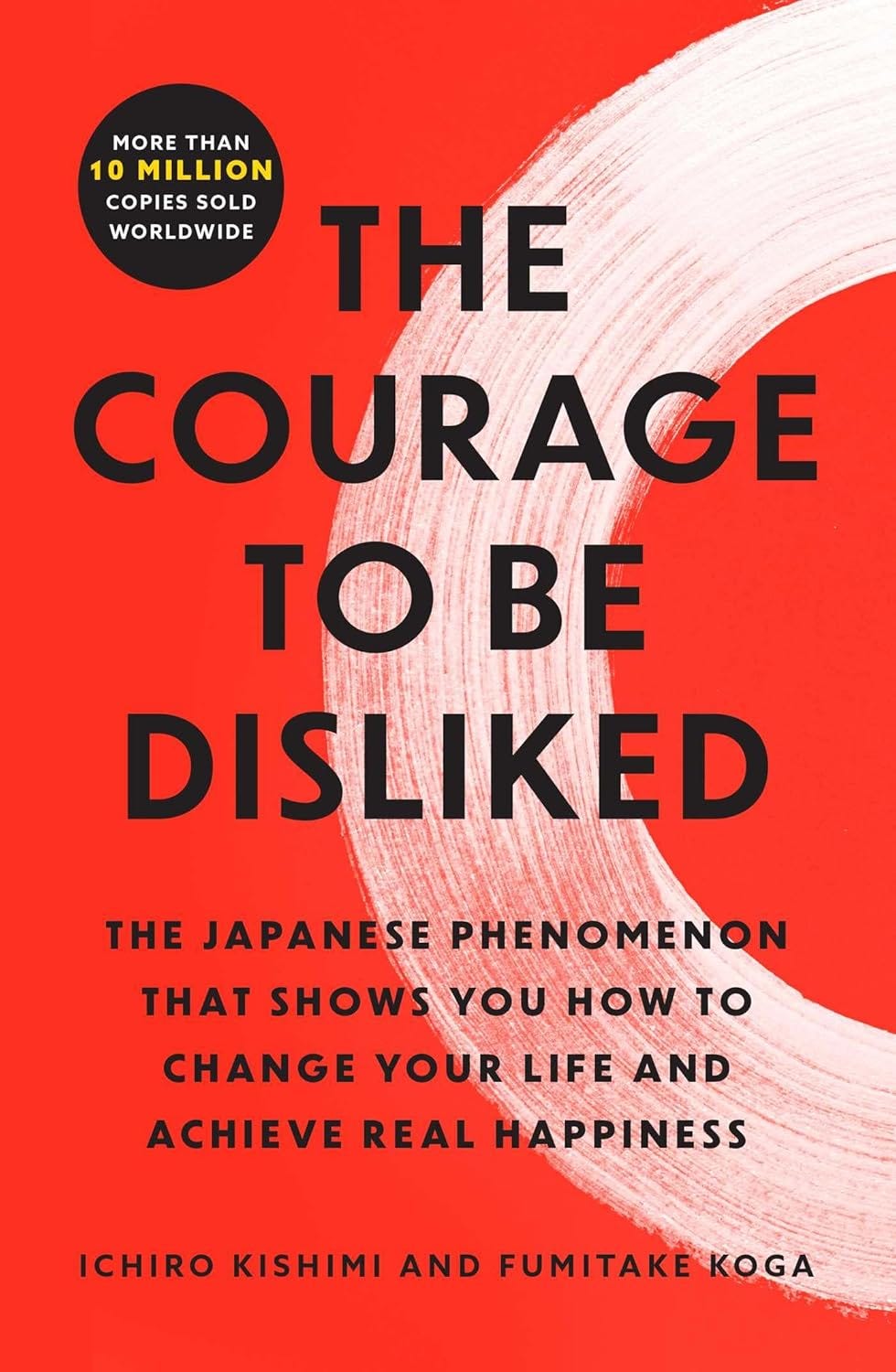
3541. Becker vs Adler Part 3
Scott Cunningham reflects on the interplay between psychology and economics, particularly contrasting Gary Becker's economic theories with Alfred Adler's psychological insights.
your daily dose of economic commentary

Scott Cunningham reflects on the interplay between psychology and economics, particularly contrasting Gary Becker's economic theories with Alfred Adler's psychological insights.
The author discusses the cautious political approach of the Labour government in the UK, focusing on economic implications and the influence of social conservatism on policy decisions.

Noah Smith discusses the chaotic political landscape following Trump's inauguration, highlighting purges in the FBI, tariff threats, and disruptions in federal aid.

Jadrian Wooten explains the extraordinary value of the Paul Skenes baseball card, highlighting the concepts of supply and demand in economics.

Robert Vienneau discusses the analysis of production techniques and variations in labor substitution within a defined parameter space.
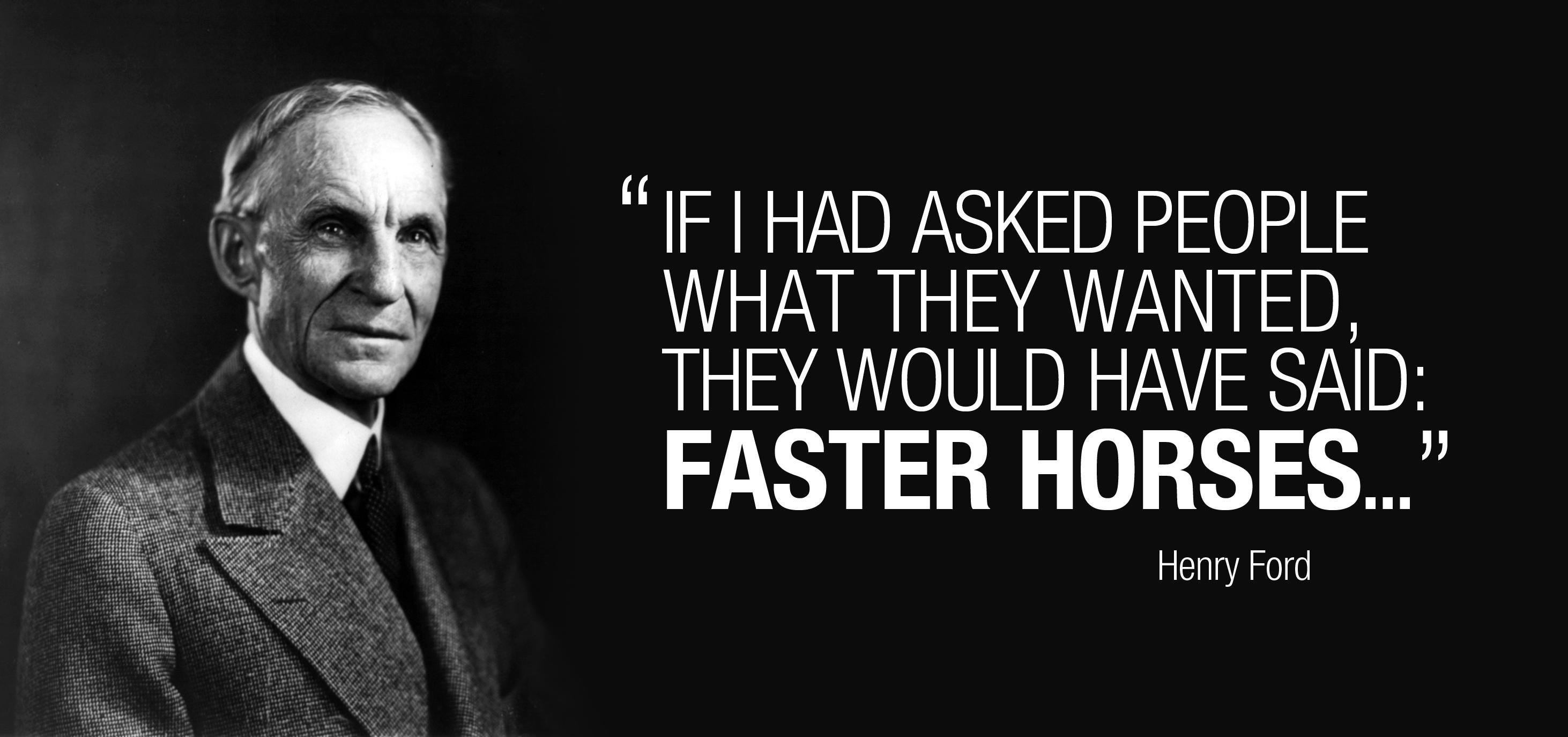
Joshua Gans discusses the implications of AI automation on jobs and productivity, highlighting concerns about the future of human work in the face of generative AI advancements.

Nate Silver analyzes the unexpected trade of Luka Doncic, questioning the rationale behind it and comparing it to historical superstar trades in sports.

Noah Smith discusses Trump's economic policies, particularly his tariffs, and their potential impact on the economy and U.S. relations with allies.
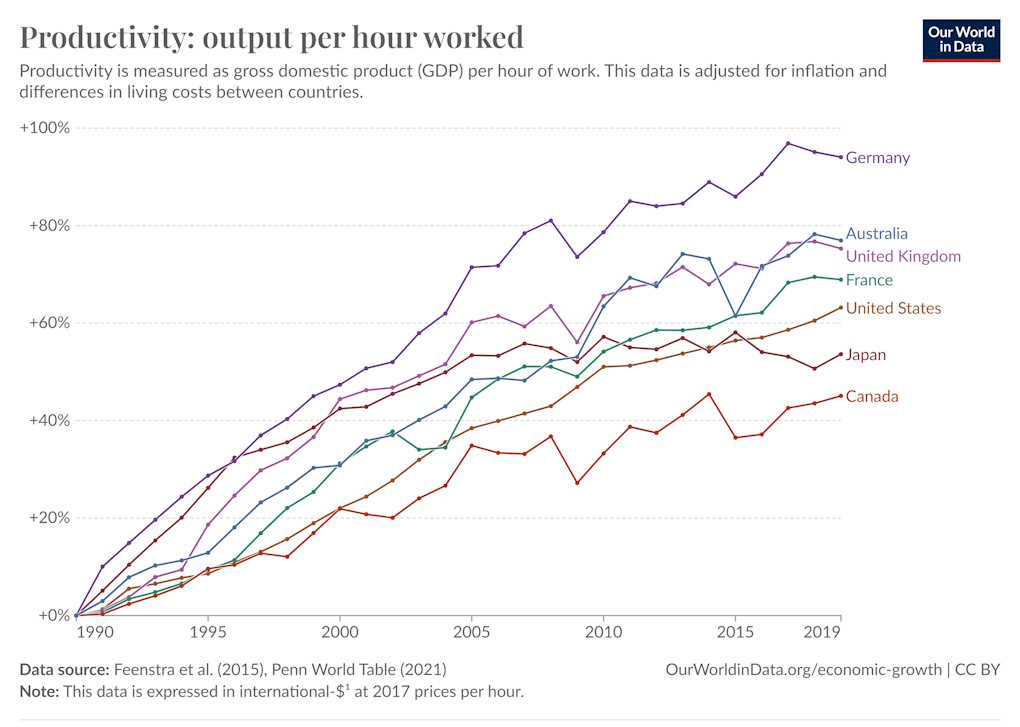
Noah Smith discusses his interview with Patrick Collison, covering topics like U.S. labor productivity, liberalism, humanoid robots, and urban aesthetics.

Nate Silver discusses how individuals can prepare for the potential impacts of AI on jobs and the economy, emphasizing the importance of adapting to technological changes.
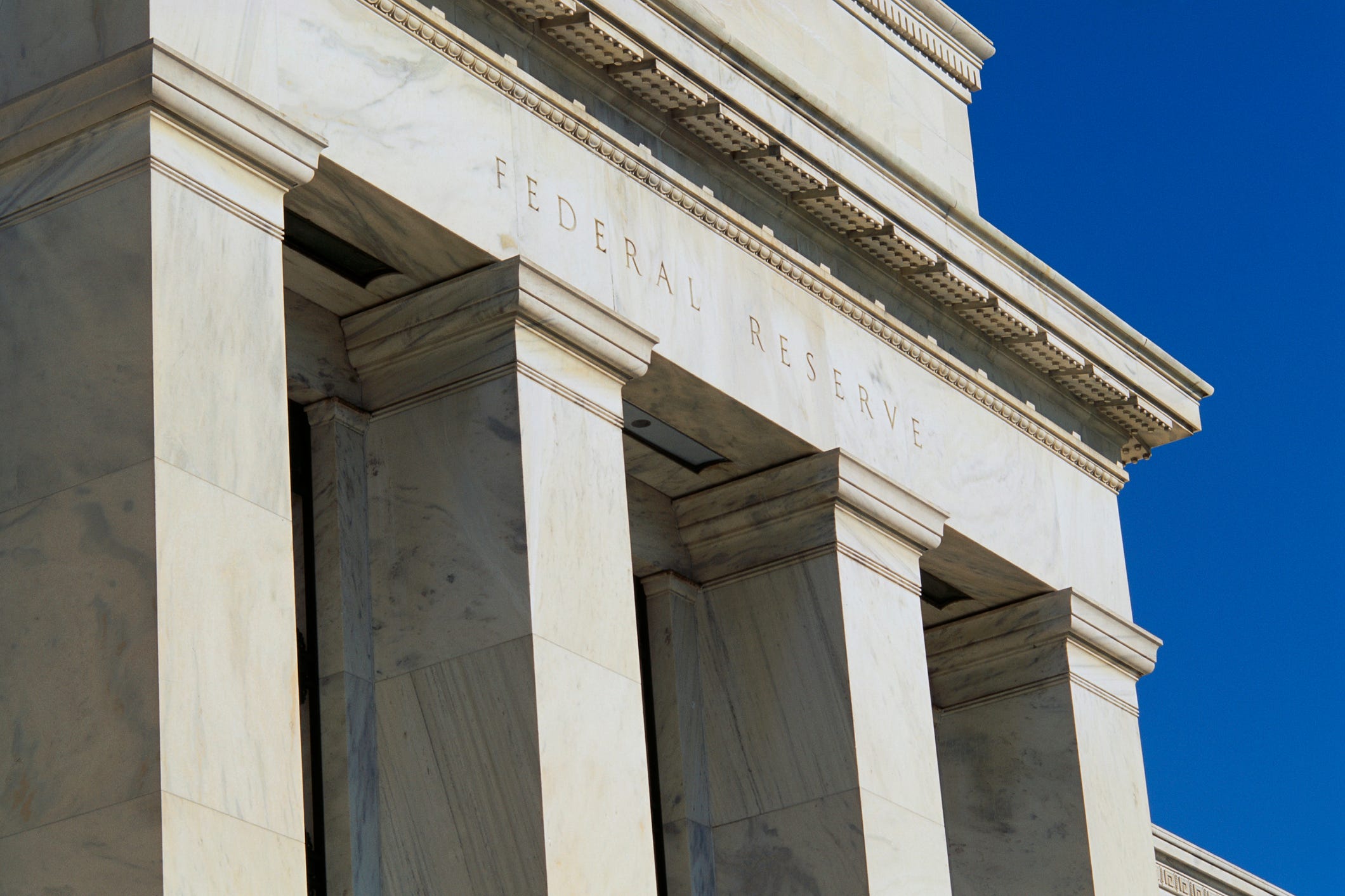
Claudia Sahm discusses the Federal Reserve's current monetary policy stance, emphasizing their cautious approach to interest rates amid economic uncertainty and inflation concerns.
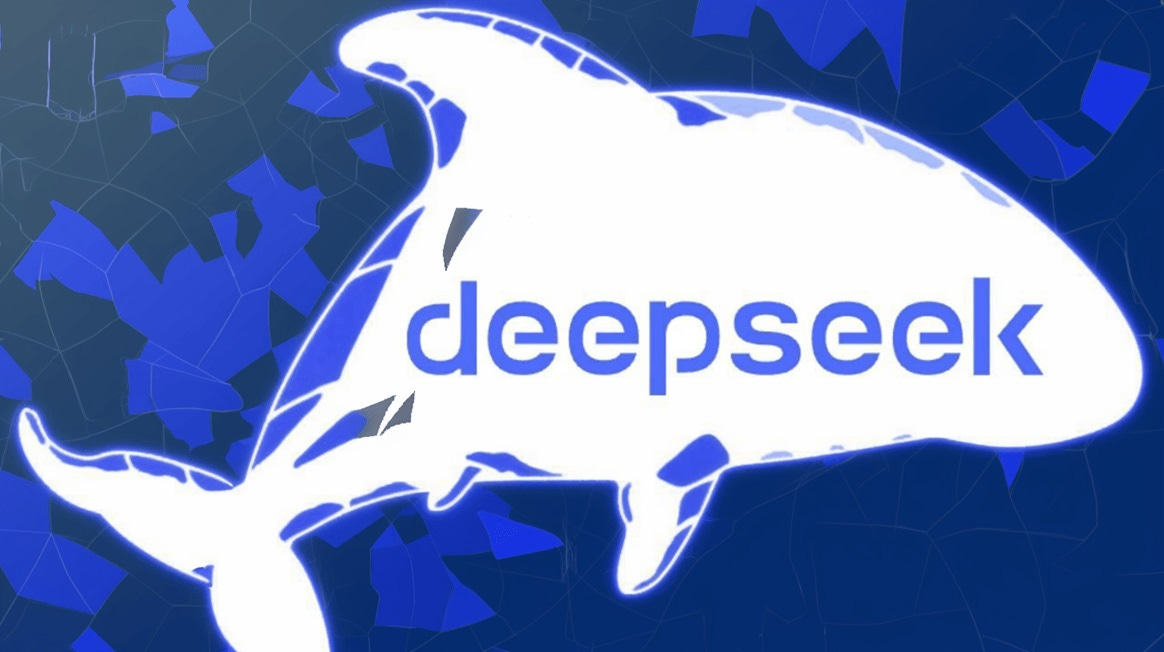
Noah Smith discusses China's DeepSeek AI breakthrough, its implications for U.S.-China competition, and the economic effects on Nvidia and the AI market.

Jon Hartley discusses US trade policy history and tariffs with Douglas Irwin, exploring their economic implications and the impact of globalization on consumers and labor markets.
Robert Vienneau discusses how the acceptance of marginalism in economics may have been a reaction to Marxism and its influence on social and economic theory.

The author discusses various stories illustrating economic principles and their implications, including AT&T's service changes and the impact of TikTok on consumer behavior.
The author discusses Labour's focus on economic growth as a means to improve living standards, emphasizing the role of government in fostering growth and public investment.

Noah Smith discusses Americans' fear of the future, attributing it to economic stability and the risks of change, while highlighting signs of optimism and adaptability.

Nate Silver discusses the implications of AI advancements, political dynamics surrounding AI policy, and the need for informed debate across the political spectrum.

Jadrian Wooten explains why Houston and similar cities do not own snow plows, emphasizing economic efficiency in managing fixed and variable costs.
Noah Smith discusses his conversation with Paul Krugman, touching on media, economics, and political dynamics during the Trump era.